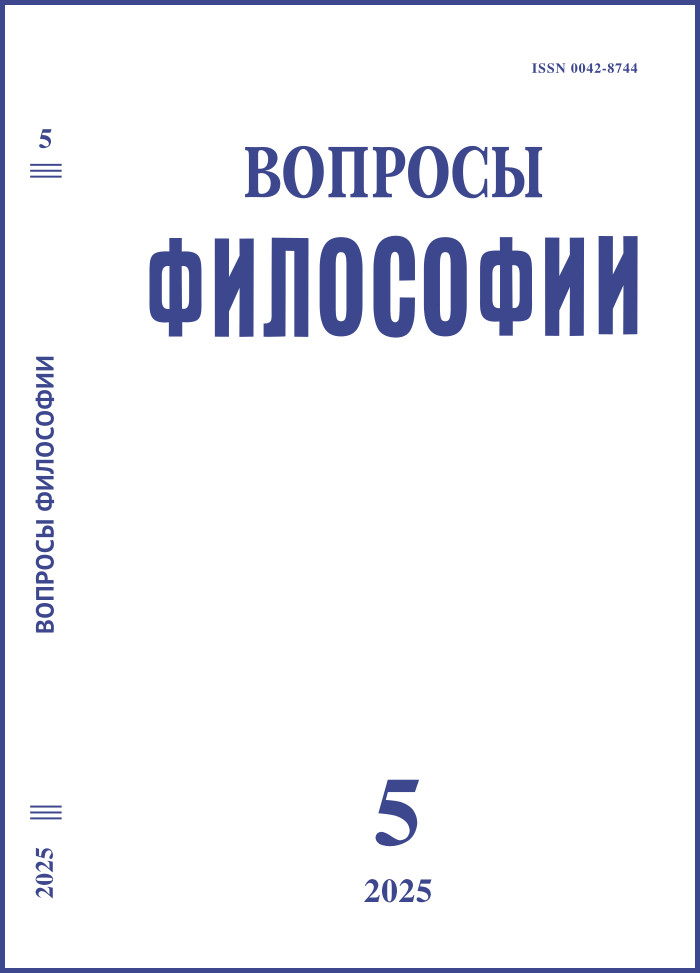The Doctrine of Phronesis as the Foundation of Aristotle’s Ethics
DOI:
https://doi.org/10.21146/0042-8744-2025-5-96-106Keywords:
Aristotle, Nicomachean Ethics, Plato, Phronesis, Sophia, Eupraxia, Dianoia, Eudaimonia, history of philosophyAbstract
Aristotle’s ethical reasoning is based on the concept of happiness. According to Aristotle, it is possible to achieve a happy state, which is the goal of all human aspirations, thanks to the activity of the mind. The article is devoted to the study of the concept of intelligent human activity, presented by Aristotle in the form of a trinity combining theory, practice and creativity, realized through the intellectual virtues of a rational soul. The article shows that, developing Plato’s doctrine of the division of the soul, Aristotle formulates a non-Platonic conclusion that knowledge and virtue should not be considered identical. The division of the rational soul into two components, one of which is engaged in contemplation of immobile eternal existence, and the other in knowledge of the changeable world, presupposes a difference in the possibilities of intellectual virtues. The article explores the advantages of theoretical reason (σοφία) and practical reason (φρόνησις), examines the important role of a characteristic and integral feature of the human soul – desire, which must have the status of reasonableness in order to realize the possibility of achieving moral perfection. The subject of this study is practical reason. Analyzing the nature and status of intellectual virtues in Ethica Nicomachea, lib. VI, the author comes to the conclusion that the decisive role in the process of achieving human happiness belongs to φρόνησις. The theory of excellent behavior, created by Aristotle, is quite applicable in practice, provided that a person possesses φρόνησις. Happiness is possible if a person realizes the unique ability to think intelligently and act according to reason.

